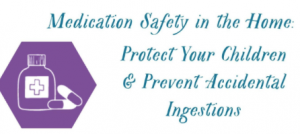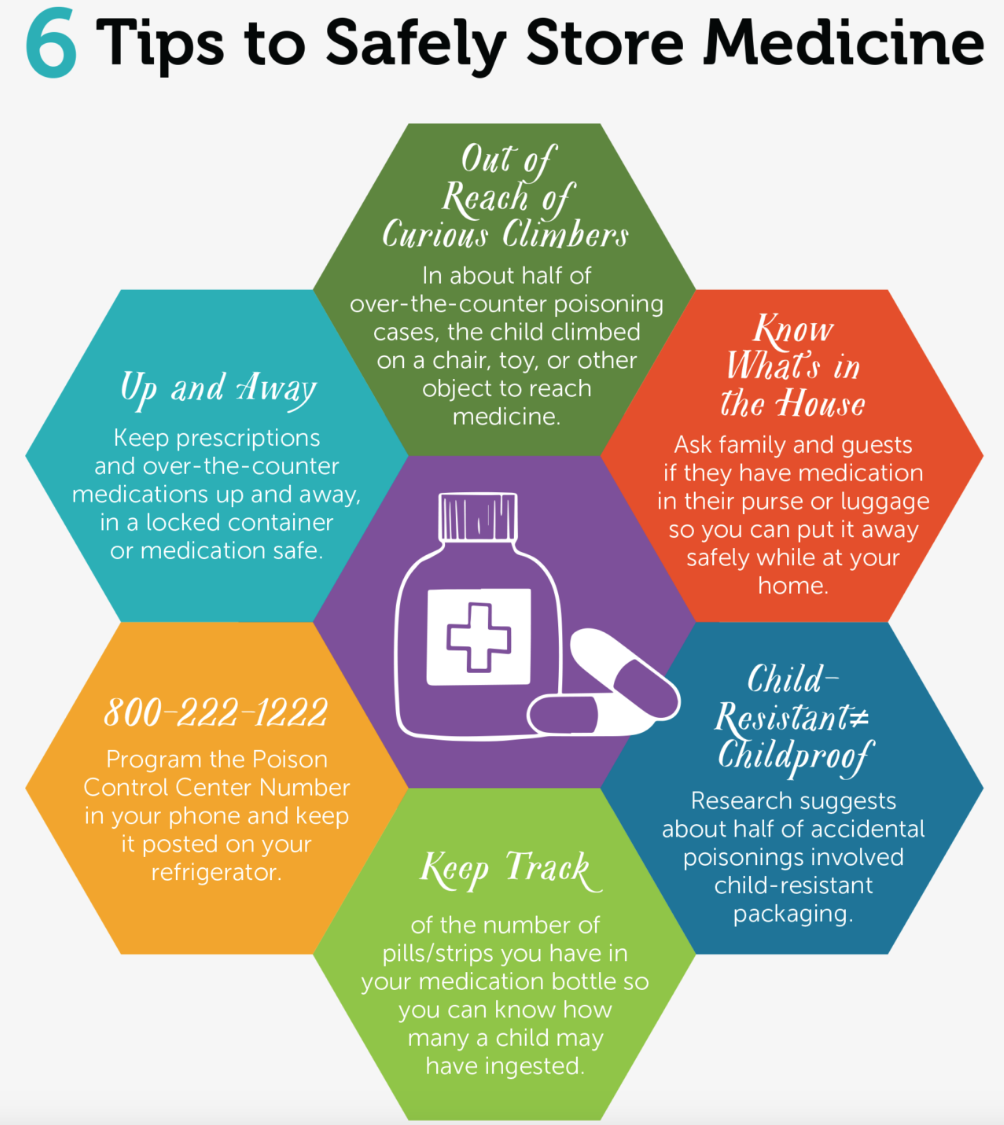Every nine minutes a young child goes to the emergency department because they ingested medicine incorrectly. The Kosair Charities Face It Movement has collaborated with the Kentucky Children’s Hospital (KCH) and Kentucky Injury Prevention and Research Center (KIPRC) to bring awareness to the importance of safe medication storage in the home to prevent these accidental ingestions and keep children healthy and safe.
The new campaign – Medication Safety in the Home: Protect Your Children & Prevent Accidental Ingestions – offers families and professionals who work with families tips to safely store medicine.

“The 2020 Kentucky Child Fatality and Near Fatality External Review Panel found that nearly one in six of all fatalities and near fatalities were related to the ingestion of substances. But, these horrific accidents are preventable. Families can keep their children safe and healthy with the right tools and resources, including keeping all medications up and locked away and out of reach of curious climbers,” said Dr. Christina Howard, Child Abuse Pediatrician and Chief of Division of Pediatric Forensic Medicine at Kentucky Children’s Hospital.
The collaboration has created a new Medication Safety in the Home campaign that includes a print resource, magnet, and complimentary webpage. The campaign offers tips to safely store medication, as well as data points that highlight the critical nature of the issue.
The six tips include:
• Up and Away – Keep prescriptions and over-the-counter medications up and away, in a locked container or medication safe.
• Out of Reach of Curious Climbers – In about half of over-the-counter poisoning cases, the child climbed on a chair, toy, or other object to reach medicine.
• Know What’s in the House – Ask family and guests if they have medication in their purse or luggage so you can put it away safely while at your home.
• Child-Resistant ≠ Childproof – Research suggests about half of accidental poisonings involved child-resistant packaging.
• Keep Track of the number of pills/strips you have in your medication bottle so you can know how many a child may have ingested.
• 800-222-1222 – Program the Poison Control Center number in your phone and keep it posted on your refrigerator.

“We take medicines and vitamins to feel and stay well. However, we know that medicine – both prescription and over-the-counter – can cause harm if taken incorrectly or by the wrong person. To keep our children safe, we all must practice safe storage of all medications,” said Dr. Steven Stack, Commissioner of the Kentucky Department for Public Health. “I encourage every parent, grandparent, sitter, and caring community member to save the Poison Help number in your phone in case there’s an emergency – 800-222-1222.”
Less than one in four caregivers use safe storage practices for medication at home.
To help mitigate that reality, KIPRC and KCH are distributing medicine lock boxes to targeted health care providers across the state. In emergency department visits for medicine poisonings, parents often say they only turned their back for one minute. These medication lock boxes ensure medicine is only accessible to the prescription holder and will help reduce accidental ingestions or misuse of medication.
Contact ukpedfor@uky.edu for more information about medication lock boxes available for free in Kentucky.

















